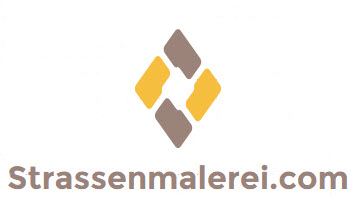Learning management systems of 2019
Learning Management Systems
This is a resource on learning management systems, which include the large array of software applications used by academic and corporate institutions in order to implement, assess, and deliver electronic course content.
A learning management system provide educators and administrators with a platform that allows them to connect with learners across every aspect of the educational process, from registering students for coursework to delivering course materials, tracking and assessing progress of both individual learners and larger groups, and maintaining records for analysis. These platforms are commonly utilized by schools and universities that have sought to provide an online learning experience for their enrollees. In addition to the academic realm, corporations have also looked to learning management systems in order to provide training programs for their employees.
Learning management systems are usually web-based, and most require commercial software licenses; however, open-source learning management systems do exist. Content creators use authoring tools to generate and personalize content that is then integrated into whichever learning management system that particular organization uses. These basic authoring tools generally require little in the way of programming knowledge, as the platform itself serves as the infrastructure upon which the content is supported.
One of the most recognizable learning management systems in the academic world is Blackboard, which has been in use by colleges and universities in some capacity since 1997. The open-source learning management system Moodle has also grown into a competitor in the field. There are also numerous providers of leaning management system platforms that have developed their applications expressly for the corporate environment.
